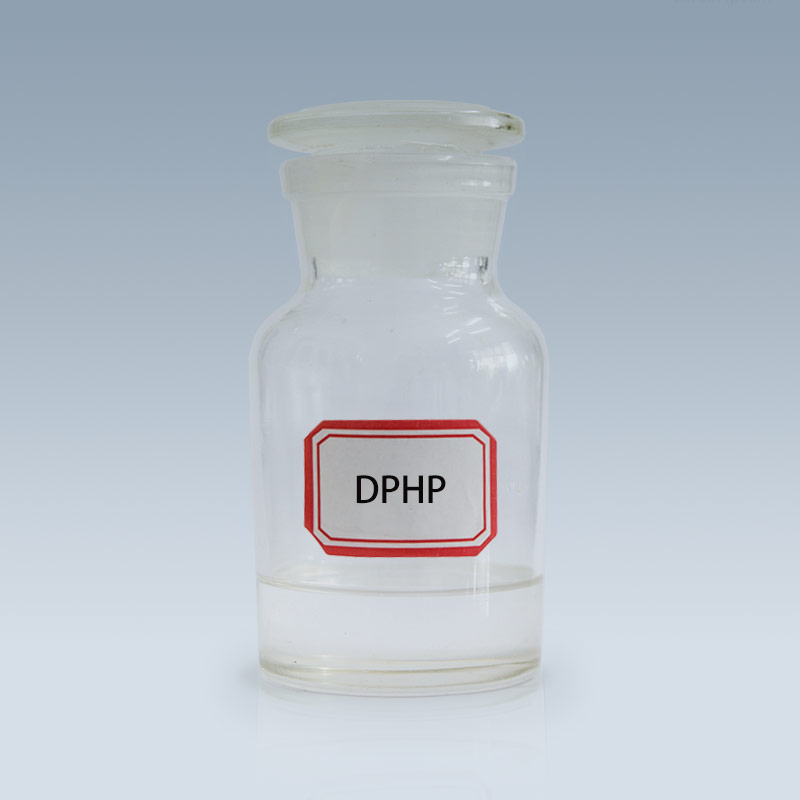In today’s fast-paced industrial landscape, the demand for high-performance materials is ever-growing. Dioctyl terephthalate (DOTP), a non-phthalate plasticizer, has emerged as a key player in meeting these demands. Known for its exceptional thermal stability, chemical resistance, and low volatility, DOTP is quickly becoming a preferred choice for manufacturers across multiple sectors.
What is Dioctyl Terephthalate?
Dioctyl terephthalate is an organic compound derived from terephthalic acid and 2-ethylhexanol. Unlike traditional phthalate-based plasticizers, DOTP is free of ortho-phthalates, making it a safer and more environmentally friendly option. It is primarily used to soften polyvinyl chloride (PVC) and other polymers, enhancing their flexibility, durability, and overall performance.
Applications Across Industries
One of the standout features of DOTP is its versatility. Its compatibility with PVC makes it indispensable in industries such as construction, automotive, medical, and consumer goods.
Construction: In flooring, wall coverings, and cables, DOTP ensures that PVC products remain pliable and resistant to extreme temperatures. Its ability to withstand harsh environmental conditions makes it ideal for outdoor applications like roofing membranes and weather-resistant coatings.

Automotive: The automotive industry relies on DOTP for manufacturing interior components such as dashboards, door panels, and wire insulation. Its excellent electrical insulation properties and resistance to oils and greases make it a go-to solution for ensuring longevity and safety in vehicles.
Medical Devices: With stringent regulations governing materials used in healthcare, DOTP shines due to its non-toxic nature. It is widely used in producing blood bags, IV tubes, and other medical-grade PVC products that require superior flexibility without compromising patient safety.
Consumer Goods: From toys to packaging materials, DOTP provides a safe alternative to conventional plasticizers. Its compliance with global safety standards ensures that products made with it are not only durable but also child-friendly.
Why Choose DOTP Over Traditional Plasticizers?
The shift toward DOTP is driven by both regulatory pressures and consumer preferences. Traditional phthalate plasticizers have faced scrutiny over potential health risks, leading to stricter regulations in regions like the European Union and North America. DOTP, being phthalate-free, offers peace of mind to manufacturers and end-users alike.
Moreover, DOTP’s superior performance characteristics set it apart. Its high thermal stability ensures that products maintain their integrity even under prolonged exposure to heat. Low migration rates mean that DOTP stays within the polymer matrix, reducing the risk of leaching into surrounding environments—a critical factor for food contact applications and sensitive electronics.



 English
English 中文简体
中文简体







